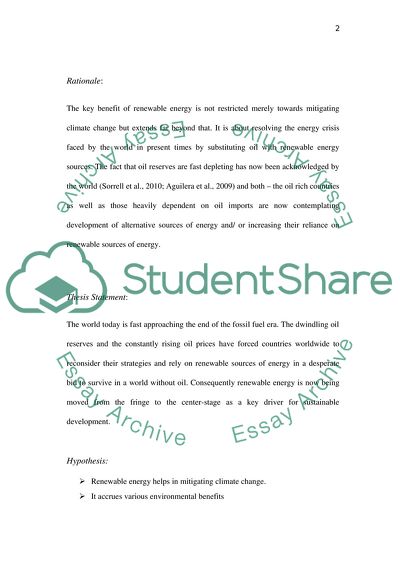Cite this document
(The Benefits of Using Renewable Energy Research Paper, n.d.)
The Benefits of Using Renewable Energy Research Paper. Retrieved from https://studentshare.org/macro-microeconomics/1787731-the-benefits-of-using-renewable-energy
The Benefits of Using Renewable Energy Research Paper. Retrieved from https://studentshare.org/macro-microeconomics/1787731-the-benefits-of-using-renewable-energy
(The Benefits of Using Renewable Energy Research Paper)
The Benefits of Using Renewable Energy Research Paper. https://studentshare.org/macro-microeconomics/1787731-the-benefits-of-using-renewable-energy.
The Benefits of Using Renewable Energy Research Paper. https://studentshare.org/macro-microeconomics/1787731-the-benefits-of-using-renewable-energy.
“The Benefits of Using Renewable Energy Research Paper”, n.d. https://studentshare.org/macro-microeconomics/1787731-the-benefits-of-using-renewable-energy.


